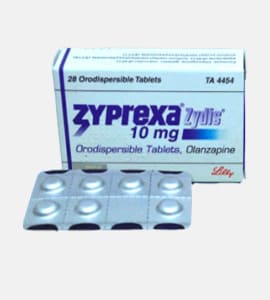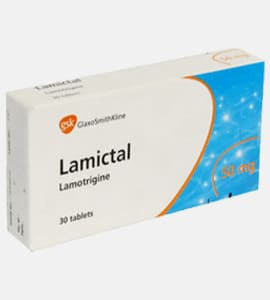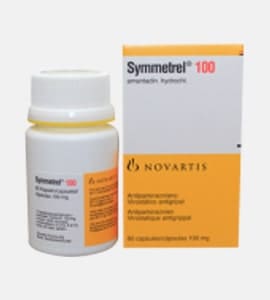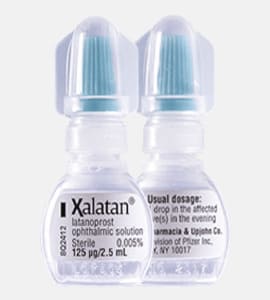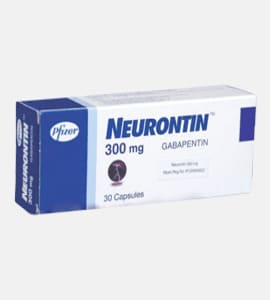Description
Asacol is an anti-inflammatory drug which acts on the lining of the gut to reduce inflammation tissue damage, and diarrhea and treat ulcerative colitis, proctosigmoiditis, and proctitis. Asacol becomes active in the small intestine just before the large intestine. This drug may be also good in treatment of patients with Crohn's disease which affects also the small bowel. Asacol contains active component mesalamine, an anti-inflammatory drug, which is released from covering only when ðÍ>7, and olsalazine (5-aminosalicylic acid dimer) which is also active in distal segments of gastrointestinal tract.
Consult with your doctor about necessary dosage before to start treatment. Do not use in larger quantities than prescribed. Take Asacol orally with a meal or a glass of milk. Swallow the whole pill with water. Do not break, crush or chew the tablets before to swallow them. Recommended daily dose for treatment of moderately active ulcerative colitis is 4.8g divided in three intakes; treatment contiues 6 weeks in adults. Lower doses are required to treat mild acute exacerbations of ulcerative colitis in adults: daily dose of 2.4g should be taken as divided doses. Maintenance of remission of ulcerative colitis and Crohn's ileocolitis: take up to 2.4g a day in divided doses. On impairment of renal function dosage should be adjusted. This medication is not recommended to use in children.
Asacol is not allowed to people who are hypersensitive to any of the ingredients, sensitive to salicylates, aminosalicylates or renal sensitivity to sulfasalazine. Also contraindicated in people with severe hepatic impairment, acute and chronic interstitial nephritis, gastric or duodenal ulcer, haemorrhagic tendency. Safety of the medication in pregnancy and lactation is not known.
They may include all types of an allergic reaction. Also the most possible side effects include:
colic,
fever,
nasopharyngitis,
headache,
severe abdominal pain,
exacerbation of abdominal colitis,
cramping,
fever,
dyspepsia,
jaundice,
and bloody diarrhea.
Less serious include:
mild nausea,
vomiting,
stomach cramps,
diarrhea,
constipation,
hemorrhoids,
gas,
stool abnormalities,
fever,
sore throat,
or other flu symptoms,
constipation,
headache or dizziness,
fatigue,
skin rash.
If you experience any of the symptoms while using Asacol stop taking the medication and and tell your doctor as soon as possible. Also consult with your doctor about any side effect that seems unusual.
If you forgot to take your dose in time, please do it as soon as you remember. But do not take if it is too late or almost time for your next dose. Do not increase your recommended dose. Take your doses at about the same time each day to avoid missing a dose.
Symptoms of Asacol overdose may include confusion, dehydration, diarrhea, dizziness, drowsiness, fever, headache, quick and short breathing, ringing in the ears, sweating, vomiting. If you experience one of them or any unusual symptoms call your doctor immediately.
Store at room temperature between 20-25 C (68-77 F).
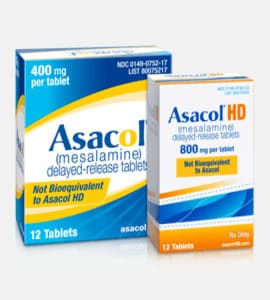

 English
English
 Français
Français
 Español
Español
 Deutsch
Deutsch
 Italiano
Italiano
 Čeština
Čeština
 العربية
العربية
 KRW
KRW


